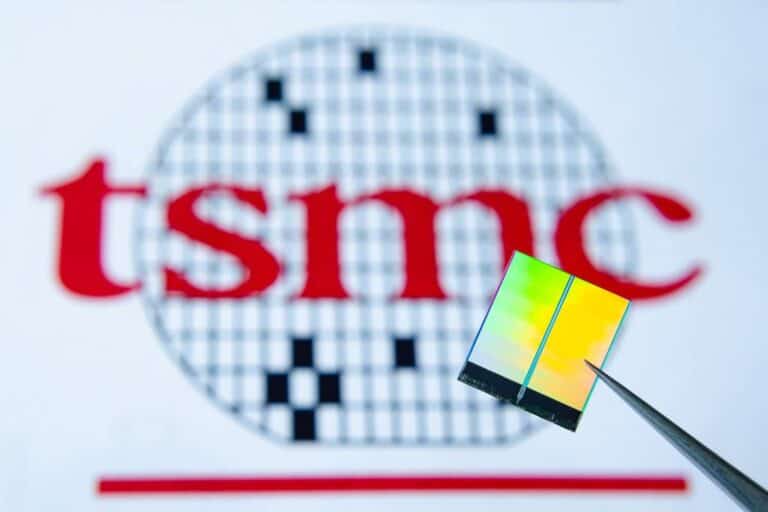The AI boom continues to provide excellent financial results for the few companies able to produce the chips driving this revolution. Taiwanese chip manufacturer TSMC saw its sales rise 33 percent in August to 7.8 billion dollars, or more than 7 billion euros. While that number is down a little from last month’s 45 percent growth, these none-too-shabby numbers may reassure investors that demand for AI chips remains sky-high for the foreseeable future.
Investors expressed concern last month about the spending on AI infrastructure and whether that expenditure would eventually match the promised golden returns of the AI revolution. Partly due to investors’ nerves, Nvidia’s stock market value dropped dramatically by 279 billion dollars on September 3. That company’s market capitalization had reached a fever-pitch amount of over 3 trillion dollars, although analysts eventually found that its earnings fell short of expectations.
Tip: Nvidia overtakes Microsoft to become the world’s most valuable company
In addition to its role as supplier for Nvidia’s GPUs, TSMC produces the main processor for Apple’s new iPhone 16. This chip promises to be ready for the AI era, enabling the iPhone 16 to run all kinds of workloads locally. However, many of those capabilities will only become available after necessary software updates. The announcement of AI-powered Apple devices raised enthusiasm on Wall Street about the demand for smartphones, Bloomberg reports. The same market experts predict a 37 percent increase in revenue for the Taiwanese chip giant for the third quarter.
iPhone AI workloads
The new iPhone 16 runs as many workloads as possible on-device. Still, Private Cloud Compute allows the company to give users access to much larger AI models. Proprietary servers with hardware built in-house would ensure that data is never retained after computation has taken place. One can guess which chips run in these servers.
C.C. Wei, TSMC’s CEO, is driving a global expansion strategy, with the company planting its flag in the U.S. state of Arizona, constructing a third plant in Japan and a 10 billion euro facility in Germany, partly at the German state’s expense.
Read also: First European TSMC chip factory gets 5 billion euros of German state aid
